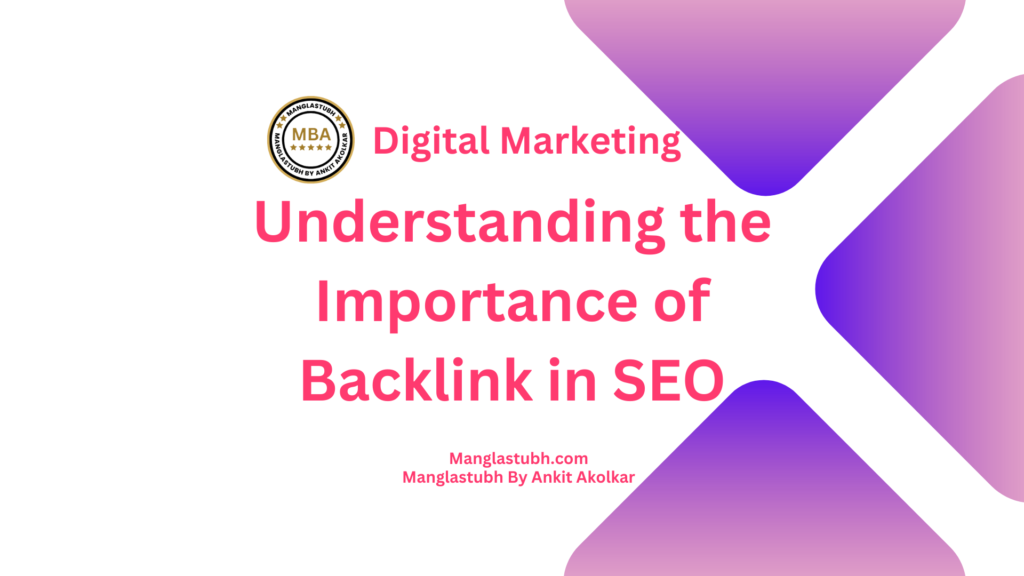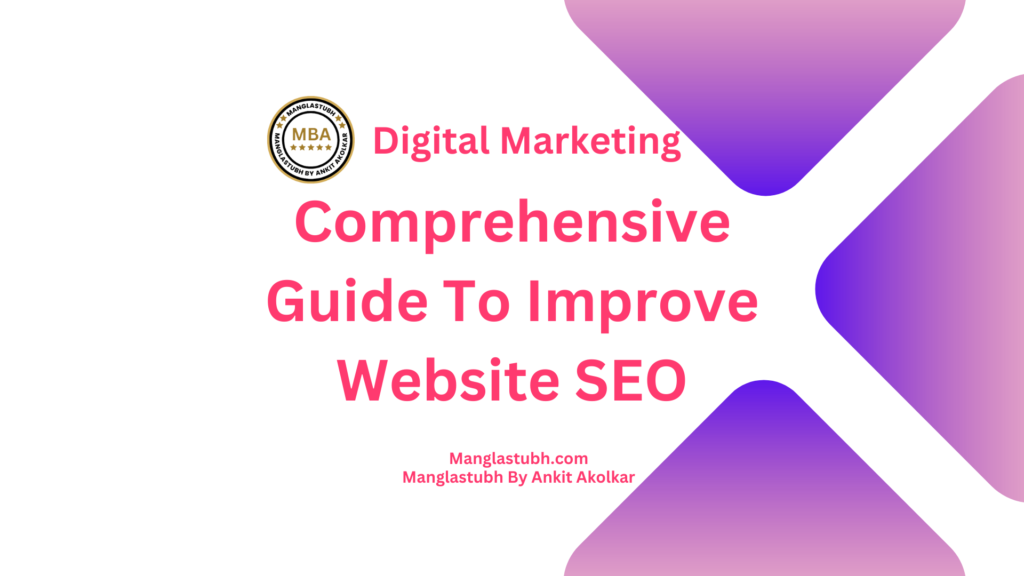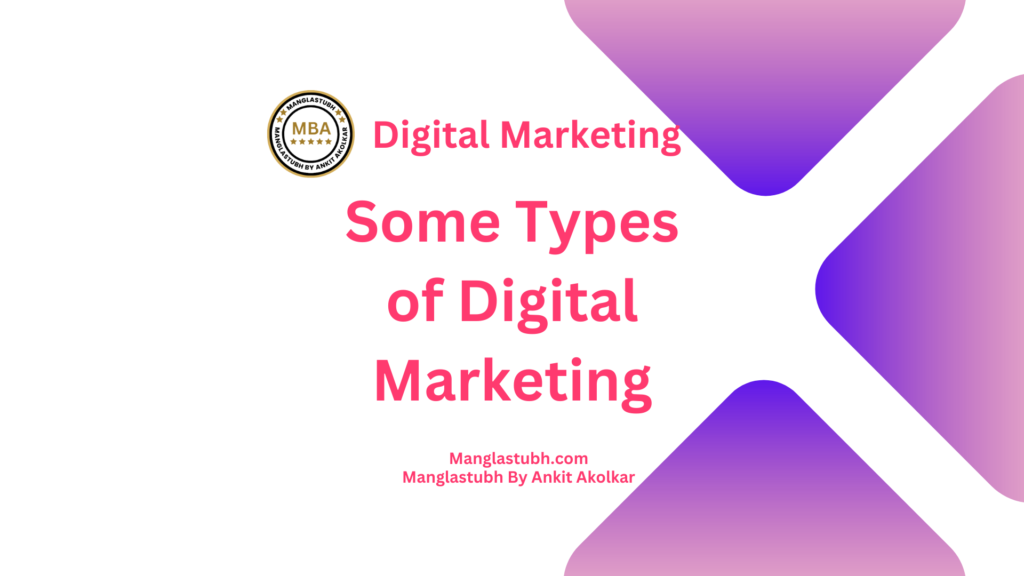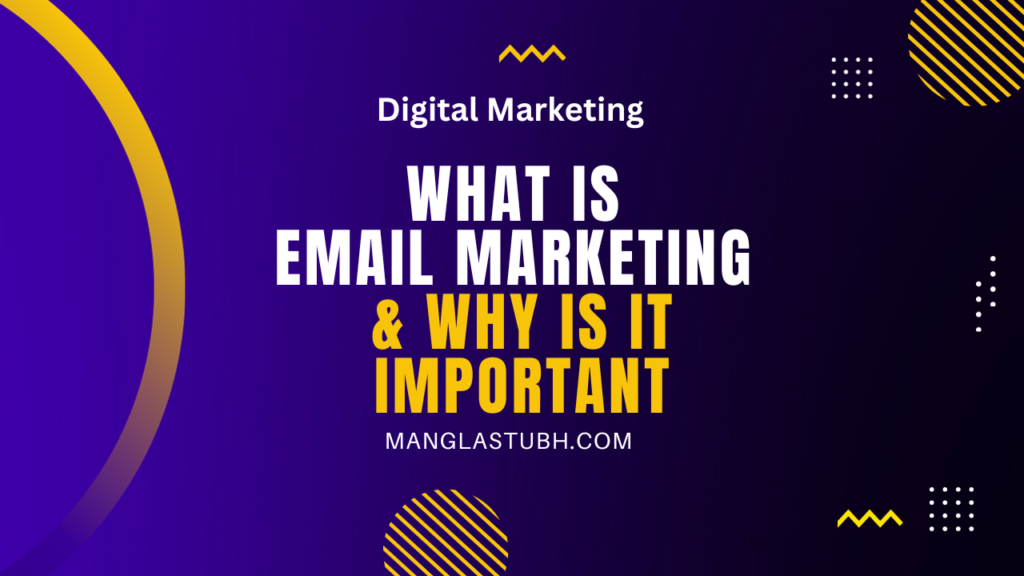Introduction
Search engine optimization, commonly known as SEO, has become a crucial part of the digital landscape. As the internet continues to evolve, the importance of SEO only grows. Whether you’re a business owner, a blogger, or an e-commerce merchant, understanding SEO is essential to your online success. This article aims to delve into the world of SEO, providing an in-depth exploration of what it is, why it’s important, and how it can drastically impact your online visibility. Let’s learn about the importance of SEO.
What is SEO?
The importance of SEO is the practice of a website to improve its visibility on search engine results pages (SERPs). It involves various techniques and strategies that aim to increase a website’s visibility and make it more attractive to search engines like Google, Bing, and Yahoo.
The fundamental goal of SEO is to achieve higher rankings on SERPs. When a user types a query or keyword into a search engine, the engine uses complex algorithms to deliver the most relevant and useful results. By optimizing your website for these algorithms, you increase the likelihood that your site will appear at the top of these results, thereby attracting more traffic.
The importance of SEO is an organic or non-paid way of improving your ranking. Unlike paid advertising, where you pay to get your ads displayed, SEO involves technical and creative elements that enhance your website’s relevance, credibility, usability, and user experience.

Importance of SEO
- Increased Visibility and Traffic: The higher your website ranks on SERPs, the more visible it is to users. This increased visibility leads to more clicks, driving more traffic to your site. The top five results on Google get 75% of the clicks, highlighting the importance of a high ranking.
- Credibility and Trust: Websites that rank highly on search engine results are often perceived as more trustable and credible by users. SEO helps build this trust and credibility over time by optimizing elements like backlink profiles, user behavior signals, machine-learning signals, and optimized on-page elements and content.
- Better User Experience: SEO involves improving the usability and user experience of your website. This includes optimizing site architecture, navigation, and content to ensure your site is user-friendly and easy to navigate. A better user experience leads to lower bounce rates, higher user engagement, and improved conversions.
- Local SEO for Increased Engagement and Conversions: With the rise of mobile search, local SEO has become crucial for small and medium businesses. Local SEO focuses on optimizing your digital properties for specific things, so people can find you quickly and easily way, putting people one step closer to a transaction.
- Long-term Strategy: While SEO does require a significant initial investment, it delivers long-term results. It can take 6-12 months to see optimal rankings, but once your website is there, and with continued effort, it will have a lasting impact on your website’s performance.
- Cost-Effective Marketing Strategy: Compared to paid advertising, SEO is cost-effective. While Pay-per-click advertising drives more revenue and social media can be more important for your image, organic SEO in many ways remains a bedrock of your online presence.
The success of a page should be measured by one criteria: Does the visitor do what you want them to do?
Aaron Wall
Understanding the Core Elements of SEO
- Keywords: Keywords are phrases that users type into search engines. Keyword research is crucial to understand what terms your target audience uses when searching for products, services, or content similar to what your website offers.
- Content: Content is a critical component of SEO as it’s the vehicle you use to reach and engage audiences. Useful, engaging content increases site traffic and helps your site rank better in search results.
- On-Page SEO: This involves optimizing individual and all pages on your website for specific keywords. This includes not only content but also meta tags and HTML source code.
- Off-Page SEO: Off-page SEO involves all actions taken outside of your website to impact your rankings within SERPs. This primarily relates to links pointing to your website from elsewhere on the internet.
- Technical SEO: This refers to improving the technical aspects of a website, like site speed, mobile-friendliness, indexing, crawlability, site architecture, structured data, and security.
Conclusion
In an era where online presence is critical to business success, SEO can no longer be ignored. SEO is not just about ranking on search engines but good SEO practices improve user experience and usability of a website to get more audience. While SEO involves an investment of time and money, the return is significant, making it a worthwhile endeavor for any business or individual seeking online success. Understanding and implementing SEO strategies can drastically improve your website’s visibility, driving more traffic, and ultimately, more conversions and revenue.
Disclaimer
The importance of SEO involves constant change. What works today may not work tomorrow due to algorithm updates and advances in the way search engines function. It’s important to stay updated with the latest SEO best practices for continued success.
Frequently Asked Questions
What is SEO?
Importance of SEO
How does SEO increase visibility and traffic?
What role does SEO play in building credibility and trust?
How does SEO enhance the user experience?
More FAQ’s
What is local SEO?
What are the core elements of SEO?
On-page and Off-page SEO. What is the difference?
How does content factor into SEO?
What is technical SEO?
Importance of SEO in Digital Marketing. Manglastubh By Ankit Akolkar. Search on Google Free Online Courses.

Welcome to Manglastubh By Ankit Akolkar. Manglastubh website is designed and developed for all kinds of Knowledge-Based Blogs and Articles. Everyone will gain knowledge over here from this website.






